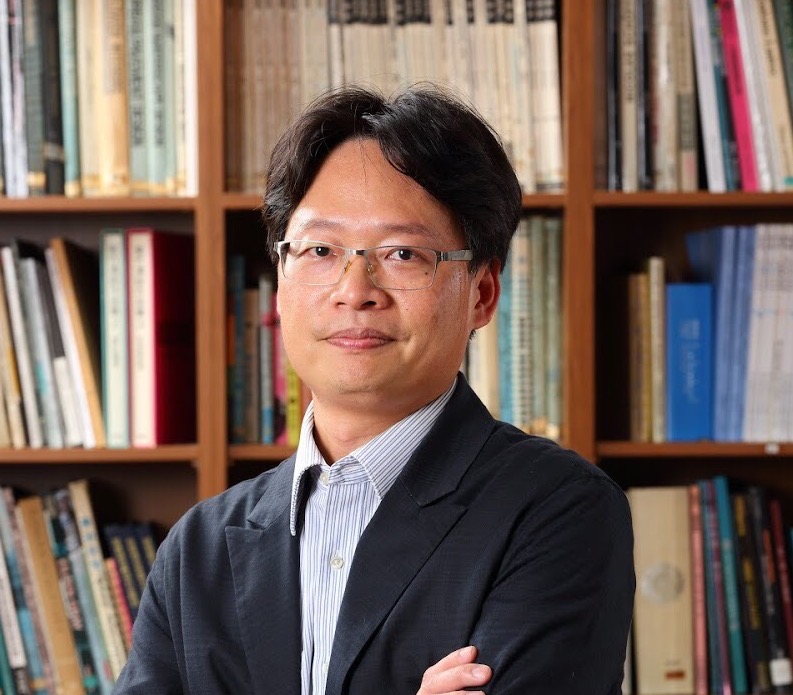Featured Scientist

Li-Hao Chen, Ph.D.
Associate Professor
Product interface Design for Older Adults with Dementia
Professor Li-Hao Chen joined the Department of Applied Arts, Fu Jen Catholic University in 2009 and has served there ever since. During this period, he presided over nine research programs in the Ministry of Science and Technology (including one multi-year program) , one subsidiary program in which the Ministry of Science and Technology subsidized scientific and technical staff in a short-term overseas research program, and one academic research cooperation program between Cardinal Tien Hospital and Fu Jen Catholic University; research subjects have spanned from mild dementia in advanced age, interface design for users with mild cognitive disorder, intuitive interaction theory, and more.
Professor Li-Hao Chen has been cooperating with the attending physician in the Neurology Department at Cardinal Tien Hospital since 2011. Although engaged in different fields, they manage to communicate with each other effectively and resolve problems together through substantial discussions. The attending physician provides direct help with regard to subject invitation, research planning, and data analysis. For research on mild dementia in advanced age and interface design for users with mild dementia or cognitive disorder in advanced age, usability tests, experimental tests, observation, and interviews were organized to carry out discussions on the impact on intuitive operations from various interface configurations, dimensions, shapes, graphics, and other design factors. This group of subjects is very vulnerable to obstacles during research, so the research design focuses on simpler operation programs. The design research on the product operation interface for this group of users is just like doing puzzles, through research focused on different aspects, piecing together a complete picture of the product operation interface for users with mild dementia or degraded cognitive abilities in advanced age.
Professor Li-Hao Chen went to Queensland University of Technology as a visiting researcher in 2018. He came to the Design Lab in the Department of Creative Industries, where he presided over a subsidiary program in which the Ministry of Science and Technology subsidized scientific and technical staff in a short-term overseas research program. During this period, he exchanged research and worked together with professor Alethea Blackler, a Design Lab expert specialized in intuitive interactions among people in advanced age, as well as with researchers from York University and the University of Toronto. They also co-authored a number of books and papers. Based on the design research cases among users with dementia in Australia, Taiwan, and Canada, this research explored the applicability of the theoretical structure of intuitive interactions.
The investigation into the intuitive operation interface design for users with mild dementia or cognitive disorders will continue in future research, and this research direction will extend to apps designed to accompany and interact with people with dementia in advanced age. Such intelligent technology skills and equipment are expected to bring application opportunities to people with dementia in a society where children are fewer. Nowadays, apps designed to accompany and interact with people have great potential in an aging society where children are fewer. With the help of those apps, people with mild dementia or cognitive disorders can improve their behaviors and language, achieve great interactions, alleviate their illness, and improve their quality of life; making it research worthy of deep exploration. The applicant places great expectations on relevant future research and developments and hopes to make substantial contributions to design research on users with dementia in advanced age!
144 views





